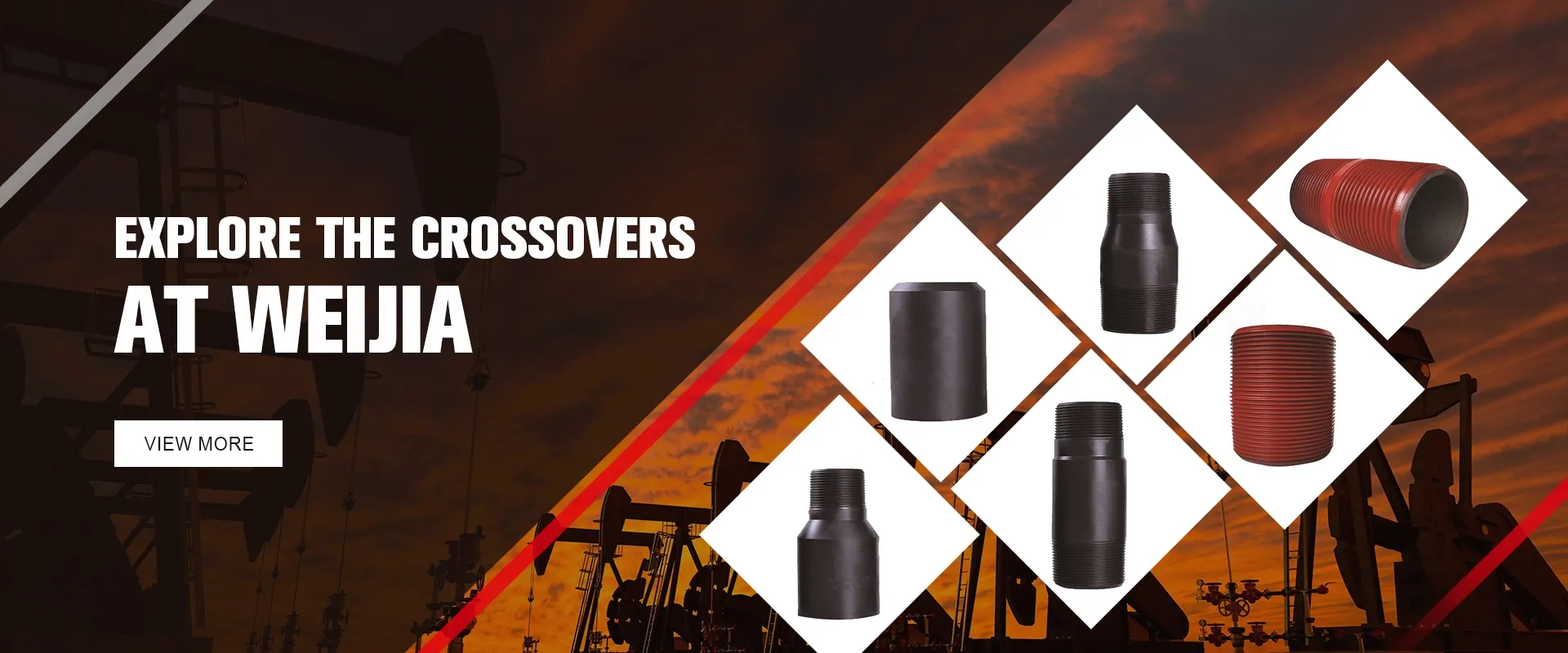- Afrikaans
- Albanian
- Amharic
- Arabic
- Armenian
- Azerbaijani
- Basque
- Belarusian
- Bengali
- Bosnian
- Bulgarian
- Catalan
- Cebuano
- Corsican
- Croatian
- Czech
- Danish
- Dutch
- English
- Esperanto
- Estonian
- Finnish
- French
- Frisian
- Galician
- Georgian
- German
- Greek
- Gujarati
- Haitian Creole
- hausa
- hawaiian
- Hebrew
- Hindi
- Miao
- Hungarian
- Icelandic
- igbo
- Indonesian
- irish
- Italian
- Japanese
- Javanese
- Kannada
- kazakh
- Khmer
- Rwandese
- Korean
- Kurdish
- Kyrgyz
- Lao
- Latin
- Latvian
- Lithuanian
- Luxembourgish
- Macedonian
- Malgashi
- Malay
- Malayalam
- Maltese
- Maori
- Marathi
- Mongolian
- Myanmar
- Nepali
- Norwegian
- Norwegian
- Occitan
- Pashto
- Persian
- Polish
- Portuguese
- Punjabi
- Romanian
- Russian
- Samoan
- Scottish Gaelic
- Serbian
- Sesotho
- Shona
- Sindhi
- Sinhala
- Slovak
- Slovenian
- Somali
- Spanish
- Sundanese
- Swahili
- Swedish
- Tagalog
- Tajik
- Tamil
- Tatar
- Telugu
- Thai
- Turkish
- Turkmen
- Ukrainian
- Urdu
- Uighur
- Uzbek
- Vietnamese
- Welsh
- Bantu
- Yiddish
- Yoruba
- Zulu
Well Casing Coupler for Enhanced Sealing and Connection Efficiency in Drilling Operations
Understanding Well Casing Couplers A Key Component in Oil and Gas Drilling
In the oil and gas industry, the efficiency and safety of drilling operations depend significantly on the integrity of the well casing. One crucial component of this system is the well casing coupler, which plays a vital role in connecting sections of casing pipes. The importance of well casing couplers cannot be overstated, as they ensure the structural stability and functionality of the entire well system.
What is a Well Casing Coupler?
A well casing coupler is a device used to join two or more sections of casing pipes together. Casing pipes are essential components of a well, providing structural integrity to the borehole and preventing the collapse of the well during drilling operations. They also serve to isolate different geological formations and protect groundwater from contamination. Couplers act as the intermediary that connects these pipes, allowing them to work seamlessly as a unified system.
Types of Well Casing Couplers
There are several types of well casing couplers, each designed for specific applications and conditions. The most common types include
1. Threaded Couplers These couplers use threads to connect casing pipes. They are easy to install and disassemble, allowing for quick repairs or modifications. However, they may not be suitable for high-pressure environments as they can be susceptible to leaks.
2. Welded Couplers These couplers involve welding the sections of casing together, creating a stronger and more permanent bond. They are often used in deep wells where the pressure is high, and leaks must be avoided at all costs.
3. Sleeve Couplers A sleeve coupler surrounds the ends of two pipes, effectively joining them without the need for threads or welding. This type is often employed in applications where the alignment of pipes is critical.
4. Mechanical Couplers These devices use mechanical means, such as clamps or bolts, to hold the casing pipes together. They are favored for their ease of installation and the ability to handle high loads.
Importance of Well Casing Couplers
1. Structural Integrity One of the primary reasons for using well casing couplers is to maintain the structural integrity of the well. A well that is not properly cased can suffer from collapses, which can lead to costly workovers or complete failures.
well casing coupler

2. Pressure Resistance As drilling deep wells can expose casings to intense pressure, couplers need to be robust enough to withstand these conditions. Choosing the right coupler for the specific pressures involved is crucial to the drilling operation's success.
3. Environmental Protection Well casing systems are designed to protect the surrounding environment, especially groundwater, from contamination. Efficient coupling systems help ensure that no fluids from the well can leak into the surrounding earth.
4. Cost-Efficiency Investing in high-quality casing couplers can lead to significant savings in the long run. Properly installed and maintained couplers reduce the risk of leaks and other issues that could result in expensive repairs or downtime.
Selecting the Right Well Casing Coupler
When selecting a casing coupler, several factors must be taken into consideration
- Material Compatibility The coupler material must be compatible with the casing pipes to prevent corrosion and ensure longevity.
- Pressure and Temperature Ratings Couplers should be rated for the specific pressures and temperatures that will be encountered during drilling.
- Installation Method The ease of installation can vary significantly between different types of couplers. Consideration of the installation method is essential, especially for large-scale operations.
- Compliance with Standards It is vital to ensure that the couplers meet industry standards and regulations to guarantee safety and performance.
Conclusion
Well casing couplers are an essential part of the oil and gas drilling infrastructure. Their role in connecting casing pipes ensures the structural integrity, safety, and efficiency of the drilling operation. By understanding the different types of couplers available and their importance in maintaining well integrity, operators can make informed choices that will benefit their projects. As the industry continues to evolve, so too will the designs and technologies surrounding well casing couplers, enhancing the efficacy and safety of drilling operations worldwide.
-
Tubing Pup Joints: Essential Components for Oil and Gas OperationsNewsJul.10,2025
-
Pup Joints: Essential Components for Reliable Drilling OperationsNewsJul.10,2025
-
Pipe Couplings: Connecting Your World EfficientlyNewsJul.10,2025
-
Mastering Oilfield Operations with Quality Tubing and CasingNewsJul.10,2025
-
High-Quality Casing Couplings for Every NeedNewsJul.10,2025
-
Boost Your Drilling Efficiency with Premium Crossover Tools & Seating NipplesNewsJul.10,2025







